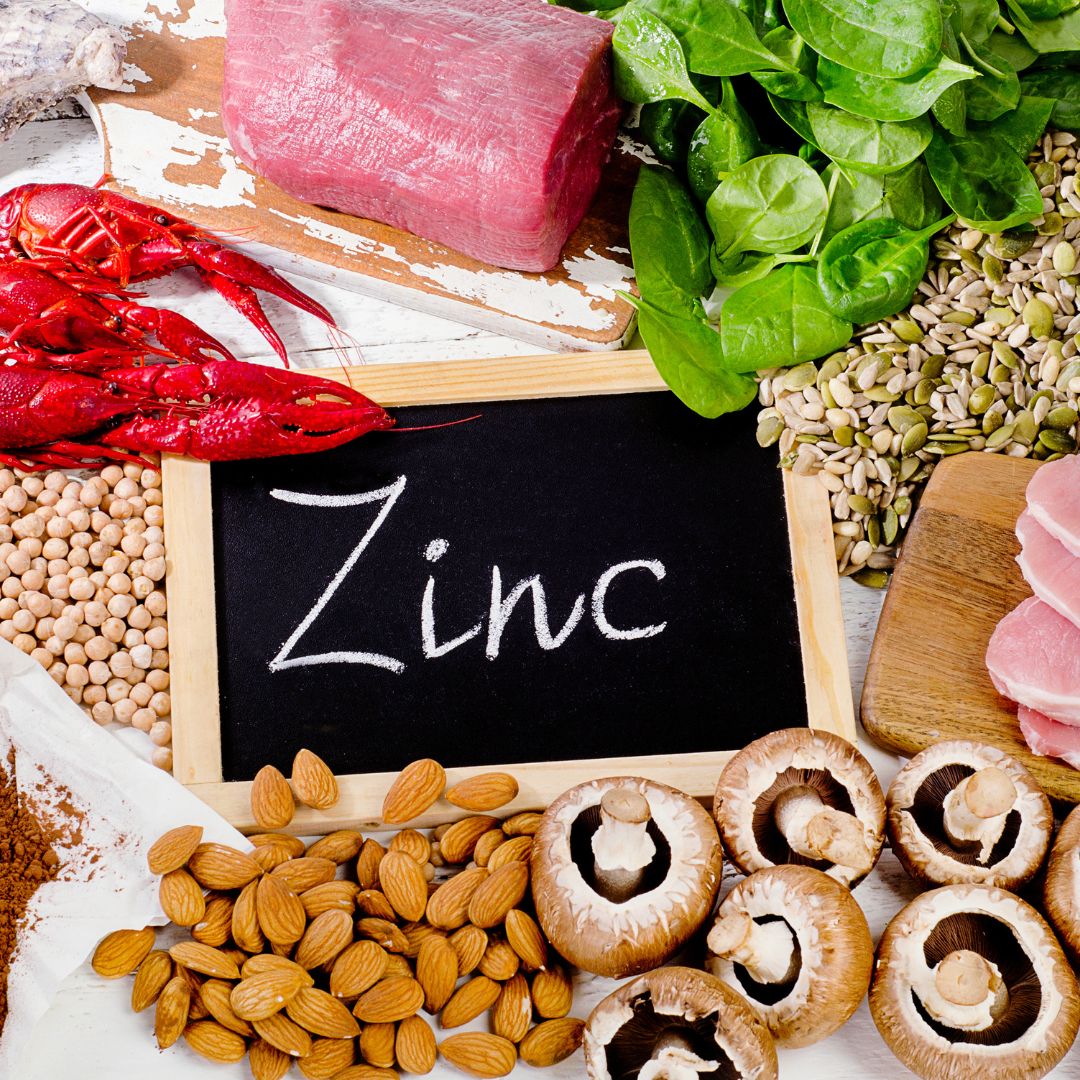
All you want to know about Zinc Benefits
Share
Zinc is an essential mineral that plays a crucial role in various bodily functions. Here are some key benefits of zinc.All you want to know about Zinc Benefits:

1. Immune System Support: Zinc is vital for the proper functioning of immune cells. It helps in the development and activation of T-lymphocytes, which are critical for immune response.
2. Wound Healing: Zinc promotes skin health and plays a role in wound healing. It is necessary for cell growth and division, which is important for repairing tissues.
3. Antioxidant Properties: Zinc contributes to the body’s antioxidant defense system, helping to combat oxidative stress that can lead to chronic diseases.
4. Protein Synthesis: Zinc is essential for protein synthesis, which is crucial for muscle repair and growth, making it important for athletes and physically active individuals.
5. DNA Synthesis: Zinc plays a role in DNA synthesis, which is important for cell division and the overall growth and development of the body.
6. Taste and Smell: This mineral is necessary for the proper functioning of taste and smell receptors, and zinc deficiency can lead to a diminished sense of taste and smell.
7. Hormonal Balance: Zinc influences hormone levels, including insulin, and is also involved in reproductive health by supporting testosterone levels in males.
8. Cognitive Function: There is evidence suggesting that zinc may play a role in cognitive health, helping to maintain memory and cognitive performance as we age.
9. Skin Health: Beyond wound healing, zinc can help manage conditions like acne and eczema due to its anti-inflammatory properties.
10. Digestive Health: Zinc is important for maintaining a healthy digestive system and helps in the production of digestive enzymes.
To enjoy the benefits of zinc, it’s important to maintain a balanced diet that includes zinc-rich foods such as meat, shellfish, legumes, seeds, nuts, dairy, and whole grains. If considering supplements, it's best to consult with a healthcare professional to avoid excessive intake, which can lead to adverse effects
